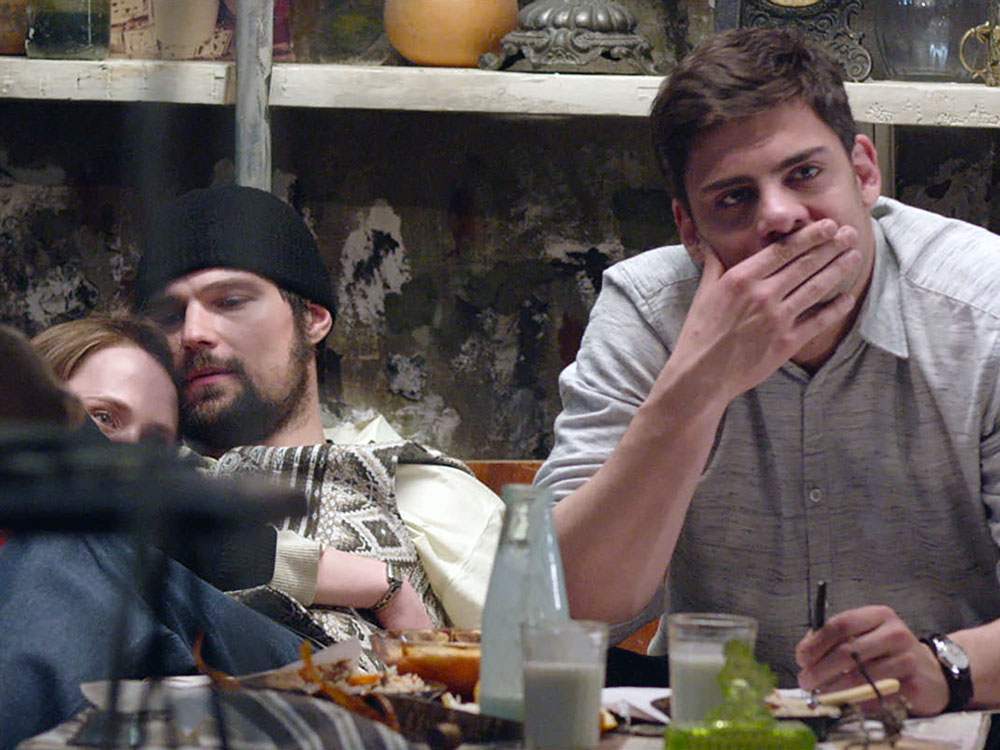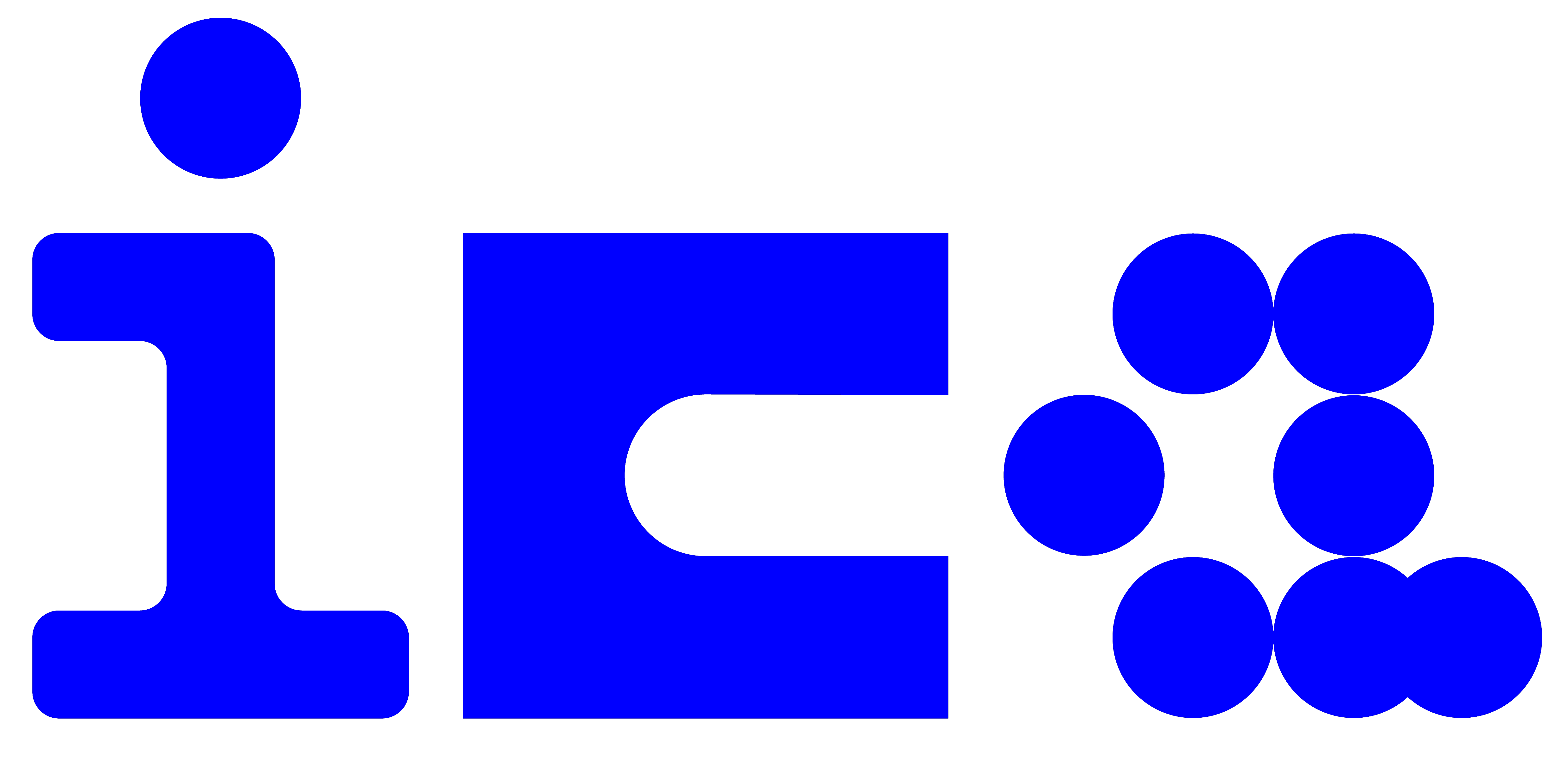ICA is closed from the 30 May – 3 June inclusive.
The revolutionary period of Palestinian cinema began in 1968 with the founding of the Palestine Film Unit (PFU), dedicated not only to providing visual representation of and political education about the struggle for Palestinian liberation, but to asserting the right of Palestinians to be the subjects of their own representation. The PFU filmmakers did not see themselves as objectively documenting the liberation movement, but as active participants in the resistance. Part of a movement of Third Cinema that challenged both the Hollywood commercial studio system, and the European “Auteur” theory of the individual genius, the filmmakers of the PFU and the solidarity network they developed were dedicated to militant cinema as a social process of witnessing, participating in, promoting, screening, and critiquing the Palestinian liberation movement in all its forms. In one act in a long history of cultural genocide, the Israeli military stole the PFU archive when they withdrew from Beirut in 1982, but since then much of the archive has been reconstituted from distributed copies, remnants, restorations, and remixes.
While the 1960s, 70s, and 80s saw a broad-based, international network of filmmakers in solidarity with the Palestinian struggle, today that exercise is much more fraught with questions of identity politics, the exploitation of Palestinian suffering, and cultural / political appropriation. Solidarity Cinema is a roundtable discussion with Palestinian and foreign filmmakers on tactics and best practices for producing selfless and internationalist cinema in genuine solidarity with Palestinians and the Palestinian struggle.
We are delighted that Michel Khleifi and Mohamed Jabaly, filmmakers with remarkable wisdom and experience, will be joining us in this discussion
While the 1960s, 70s, and 80s saw a broad-based, international network of filmmakers in solidarity with the Palestinian struggle, today that exercise is much more fraught with questions of identity politics, the exploitation of Palestinian suffering, and cultural / political appropriation. Solidarity Cinema is a roundtable discussion with Palestinian and foreign filmmakers on tactics and best practices for producing selfless and internationalist cinema in genuine solidarity with Palestinians and the Palestinian struggle.
We are delighted that Michel Khleifi and Mohamed Jabaly, filmmakers with remarkable wisdom and experience, will be joining us in this discussion
Part of SAFAR’s Militant Cinema for Palestine strand curated by Saeed Taji Farouky. See also Art For The Struggle, Struggle For The Art.
Saeed Taji Farouky is a Palestinian-British filmmaker and artist who has been making films around themes of conflict, human rights and colonialism since 1998. He is also a radical educator and runs Radical Film School, a free programme for filmmakers from underrepresented backgrounds to develop political cinema and autonomous exhibition collectives.
Born in Nazareth in 1950 to a Palestinian working-class family, Michel Khleifi is considered the founder of contemporary Palestinian cinema and one of its most original voices. After immigrating to Belgium in 1970, he studied theatre and television at INSAS, Brussels and worked for RTBF (Belgian television) before making his first feature-length documentary, Fertile Memories (1980), which combined a lyrical aesthetic with a critical political engagement, as did Maloul Celebrates its Destruction (1985).
In 1987, he directed Wedding in Galilee, the first feature film entirely shot in Palestine by a Palestinian director, which premiered at the Cannes Directors’ Fortnight and won the International Critics Prize among many other awards. The film marked Palestinian cinema’s entry into the international scene. A further three features followed: Canticle of the Stones (1990), L’ordre du jour (1992) and Tale of the Three Jewels (1995), and documentaries Forbidden Marriages in the Holy Land (1996) and Route 181 – Fragments of a Journey in Palestine and Israel (2002, co-directed with Eyal Sivan). Zindeeq (2009) won the Golden Muhr at the 2009 Dubai International Film Festival. Khleifi lives in Brussels, where he has taught filmmaking at INSAS for over thirty years, in addition to other teaching posts at Columbia University, St Joseph University in Beirut and AM Qattan Foundation in Palestine and Jordan. Wedding in Galilee will be screened across the UK as part of SAFAR 24, alongside live events in select cities.
Mohamed Jabaly is a Palestinian filmmaker, producer, and artist from Gaza City. He came to Norway in 2014 and has since made a name for himself in the international film industry. His first full-length documentary, Ambulance, has been shown at several of the world’s largest film festivals and has won several awards. These include the One World Media Award for Best Feature Documentary at BAFTA in 2017, the BBC Arabic Young Journalist Award, the SunBird Award at Days of Cinema in Palestine, the FIPA D’or Award, and the Jury Award for Best Documentary at FIPA in Biarritz, France in 2017.
In addition to his work in filmmaking, Mohamed has conducted filmmaking workshops for young people and served on juries for several film festivals. Currently, he is pursuing his MA in Fine Art at the Oslo National Academy of Art. He holds a BA in Moving Images from Nordland Film & Art College in Northern Norway. In 2019, he joined Stray Dogs production as a director, and his feature documentary Al Haya Helwa – Life is Beautiful, is SAFAR 24’s opening screening – and will also be shown at the ICA on the 22nd of June.
Saeed Taji Farouky is a Palestinian-British filmmaker and artist who has been making films around themes of conflict, human rights and colonialism since 1998. He is also a radical educator and runs Radical Film School, a free programme for filmmakers from underrepresented backgrounds to develop political cinema and autonomous exhibition collectives.
Born in Nazareth in 1950 to a Palestinian working-class family, Michel Khleifi is considered the founder of contemporary Palestinian cinema and one of its most original voices. After immigrating to Belgium in 1970, he studied theatre and television at INSAS, Brussels and worked for RTBF (Belgian television) before making his first feature-length documentary, Fertile Memories (1980), which combined a lyrical aesthetic with a critical political engagement, as did Maloul Celebrates its Destruction (1985).
In 1987, he directed Wedding in Galilee, the first feature film entirely shot in Palestine by a Palestinian director, which premiered at the Cannes Directors’ Fortnight and won the International Critics Prize among many other awards. The film marked Palestinian cinema’s entry into the international scene. A further three features followed: Canticle of the Stones (1990), L’ordre du jour (1992) and Tale of the Three Jewels (1995), and documentaries Forbidden Marriages in the Holy Land (1996) and Route 181 – Fragments of a Journey in Palestine and Israel (2002, co-directed with Eyal Sivan). Zindeeq (2009) won the Golden Muhr at the 2009 Dubai International Film Festival. Khleifi lives in Brussels, where he has taught filmmaking at INSAS for over thirty years, in addition to other teaching posts at Columbia University, St Joseph University in Beirut and AM Qattan Foundation in Palestine and Jordan. Wedding in Galilee will be screened across the UK as part of SAFAR 24, alongside live events in select cities.
Mohamed Jabaly is a Palestinian filmmaker, producer, and artist from Gaza City. He came to Norway in 2014 and has since made a name for himself in the international film industry. His first full-length documentary, Ambulance, has been shown at several of the world’s largest film festivals and has won several awards. These include the One World Media Award for Best Feature Documentary at BAFTA in 2017, the BBC Arabic Young Journalist Award, the SunBird Award at Days of Cinema in Palestine, the FIPA D’or Award, and the Jury Award for Best Documentary at FIPA in Biarritz, France in 2017.
In addition to his work in filmmaking, Mohamed has conducted filmmaking workshops for young people and served on juries for several film festivals. Currently, he is pursuing his MA in Fine Art at the Oslo National Academy of Art. He holds a BA in Moving Images from Nordland Film & Art College in Northern Norway. In 2019, he joined Stray Dogs production as a director, and his feature documentary Al Haya Helwa – Life is Beautiful, is SAFAR 24’s opening screening – and will also be shown at the ICA on the 22nd of June.
07:00 pm
Sun, 23 Jun 2024
Cinema 1
Ticket information
- All tickets that do not require ID (full price, disabled, income support) can be printed at home or stored in email
- For aged-based concession tickets (under 25, student) please bring relevant ID to collect at the front desk before the event.
Access information
Cinema 1
- Both our Cinemas have step free access from The Mall and are accessible by ramp
- We have 1 wheelchair allocated space with a seat for a companion
- All seats are hard back, have a crushed velvet feel and they do not recline
- These are our seat size dimensions: W 42 x D 45 x H 52
- Arm rest either side of the seat dimensions: L 27 x W 7 x H 20
for the following requirements:
- We have unassigned seating. If you require a specific seat, please reserve this in advance
- Free for visitors where ticket prices are a barrier, please email
All films are ad-free and 18+ unless otherwise stated, and start with a 10 min. curated selection of trailers.
Members+ and all Patrons gain free entry to all cinema screenings, exhibitions, talks, and more.
Join today as a Member+ for £25/month.











no. 236848.